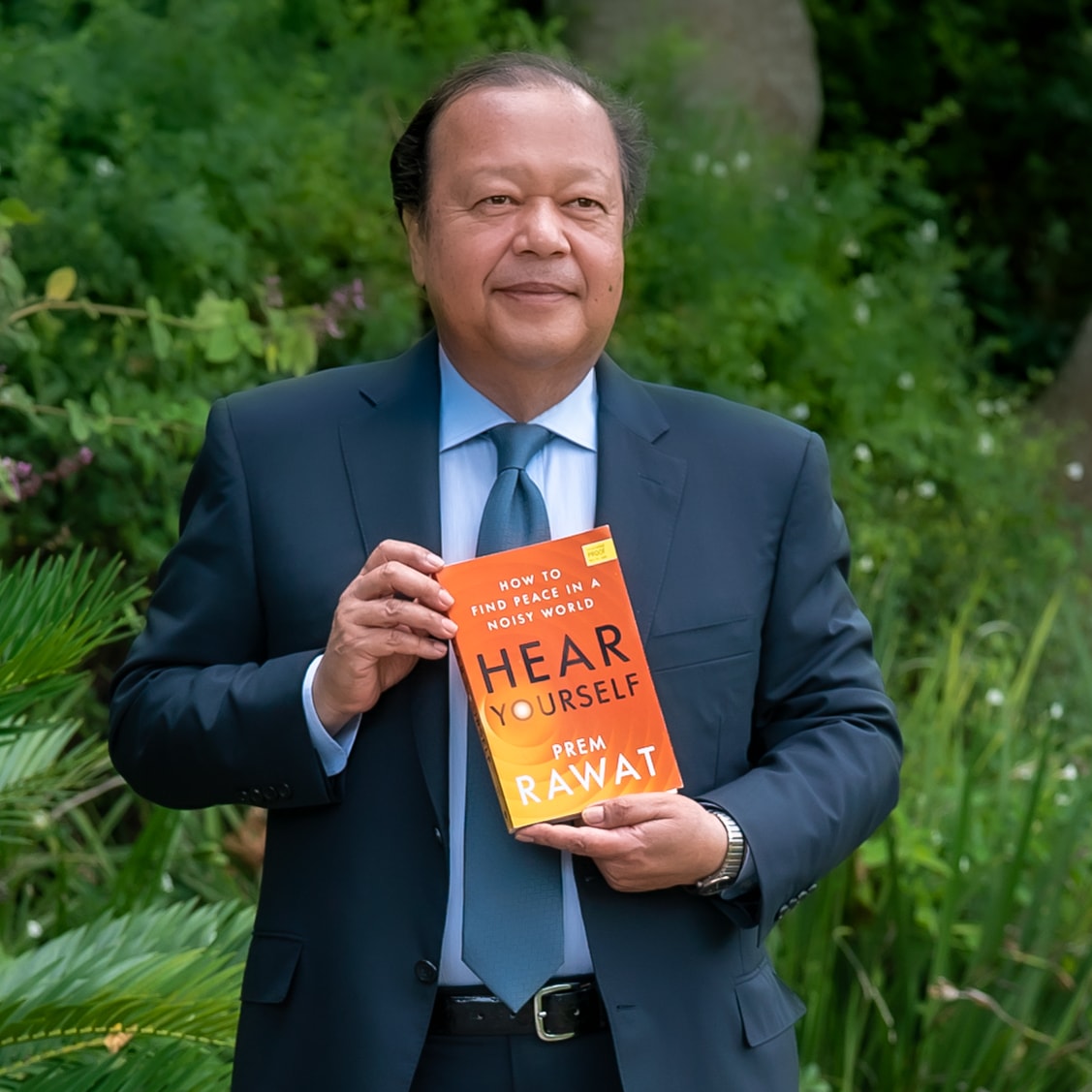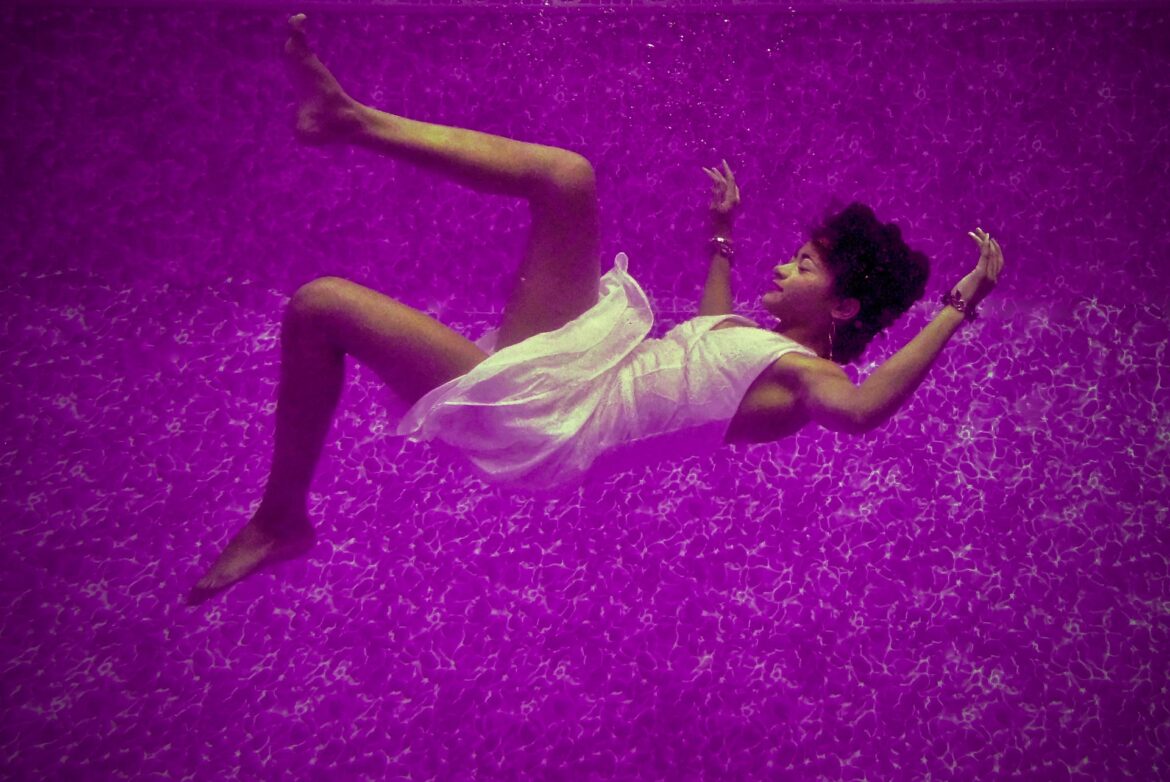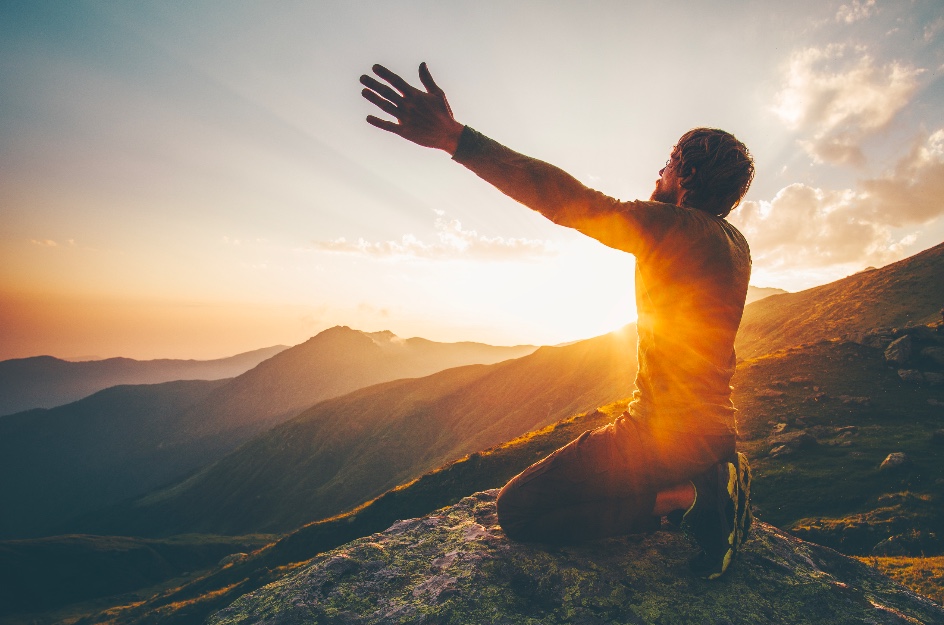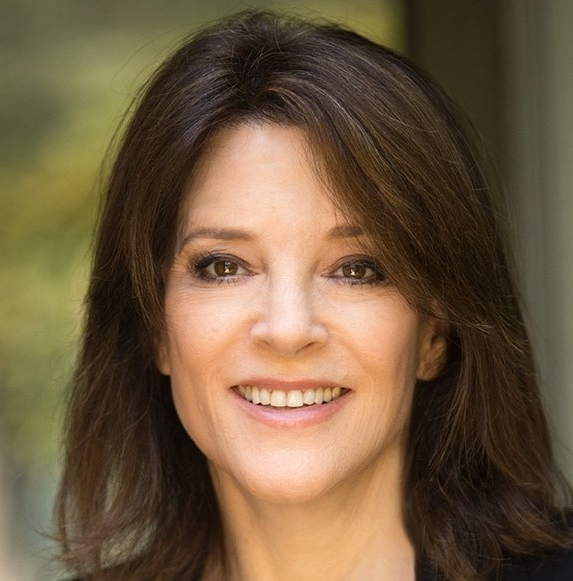We are so excited for Prem Rawat’s upcoming event in Ireland, where he will be discussing his best-selling book, Hear Yourself. Keep reading to find out more…
Peace
Access Peace Anytime
Creacon Wellness Retreat in New Ross, Co. Wexford, served as the perfect getaway location for Tara Congdon, who described it as “a blissful place.” Learn more about it below!
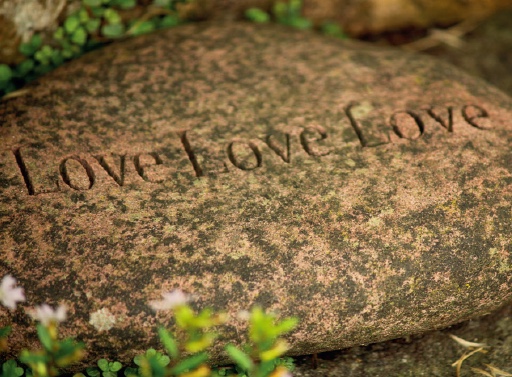
A Beacon of Bliss
Total relaxation in Co. Wexford
by Tara Congdon
I recently had the enormous pleasure of taking a trip to Creacon Wellness Retreat. Creacon is cosily nestled a stone’s throw from New Ross in Co. Wexford. On entering the little driveway, a cute Buddha welcomed me with a smile from the garden, and as I parked, my eye was drawn to a sign that said, ‘it’s a wonderful life.’ My usual frantic adrenalin immediately began to settle itself.
I tumbled out of my car and into reception, passing sweet chimes on my way, setting the tone for my adventure. An aside – bags hanging out of me and arriving late, just a few minutes before dinner, I was distracted from the fact that my top had pretty much come undone and so I stood in front of Veronica, the receptionist (decorated receptionist, I might add: Veronica won the 2017 Receptionist of the year award) in my bra – I have to say I would highly recommend it as an icebreaker because it gave us a great belly laugh and we were solid buds from then on.
From the minute I saw my beautiful bedroom, named Hawthorn, and my big cosy double bed, all of my busy world faded away and I was completely enchanted by the place. There is Anespa Alkaline mineral ion water in the bathrooms – it helps relax the entire body, helps improve dry skin, poor circulation, eczema, insomnia, stiffness, fatigue, rheumatism and much more.
Creacon serves Kangen water, which is alkaline water. Some of its benefits include: relief of IBS and Acid Reflux, lowers blood pressure and blood sugar, and alleviating stress and anxiety!
At dinner, I was served up the most delicious menu of nutritious, wholesome and healthy plate of food – homemade marinated salmon served with basil mousse and garlic crostini, followed by a vegetarian ragu and polenta. Later, I had some chamomile tea with cookies in the heart room.
The café has recently opened up daily to the public too. The chef is Gaetano Pernagallo, who believes ‘food is medicine.’ The benefits of each dish are listed on the menus. Something I really liked is how everyone seems to gravitate together for meal times – including the staff – and it’s like chowing down with your family. It’s warm, with lots of storytelling and great craic too.
Some of the other lovely treats I discovered during my stay at Creacon were the bijou conservatory area for quiet time and meditative colouring, the yoga/meditation room equipped with cushions and cosy mats, the relaxing heart room, sometimes showing an inspirational film, and the upstairs yellow room with the most snug couches.
There is a daily opt in/out schedule, including things like Five Tibetan yoga, Gentle Hatha Yoga, Japa Meditation Class, Mandala Class … there really is something for everyone! If you wish, you can book a consultation or private session. Everything is put together so carefully to nurture and love its guests. Nothing is missed.
I am blessed to have had this experience. If I was to put my finger on one stand-out from my stay, it was, without a doubt, the people: staff and guests. Funny, witty, warm, honest, down to earth people – I immediately felt like part of the family … and I just felt completely at home. Creacon is a blissful place!
Autumn 2018 Sneak Peek: Our Exclusive Interview With Marianne Williamson
We are thrilled to share this sneak peek of our exclusive interview with the renowned spiritual teacher and author Marianne Williamson, which appears in our Autumn 2018 issue. Click here to find a stockist near you, or subscribe to receive a copy straight to your door.
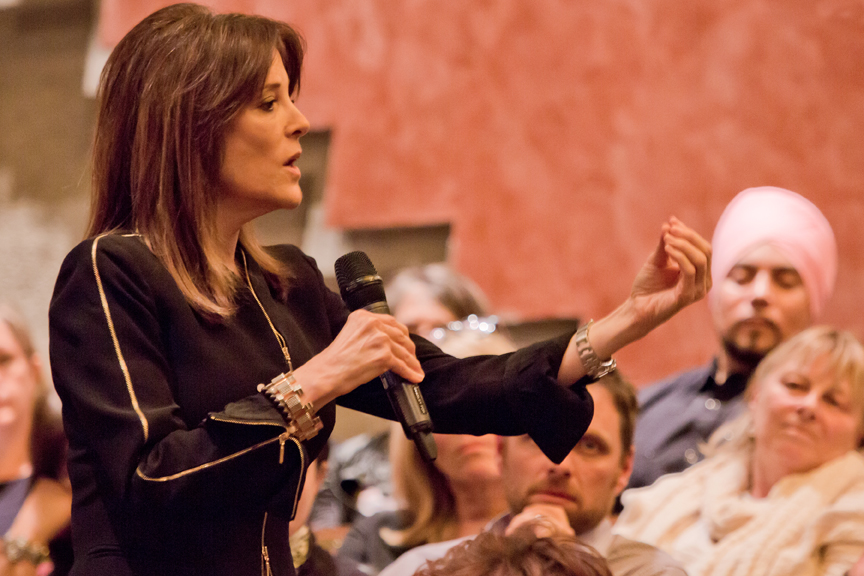
Marianne Speaks
We interview Marianne Williamson ahead of her Dublin trip
by Aisling Cronin
Marianne Williamson is one of the world’s most renowned spiritual teachers, authors and speakers. Seven out of her twelve published books have been New York Times bestsellers. One of her powerful statements in the classic A Return to Love – “Our deepest fear is not that we are inadequate. Our deepest fear is that we are powerful beyond measure. It is our light, not our darkness, that most frightens us” – has become a guiding light for spiritual seekers around the globe.
When we asked her to summarise her extraordinary career, Marianne simply said, “If I’ve learned anything, it’s that life isn’t about the big dramatic moments that stand out, so much as it is about the consistent effort to live a better life. It’s up to us to make any one moment stand out, by standing tall within it.”
Marianne will be speaking in Ireland on Wednesday October 10th 2018, from 7.30 to 9.30 p.m. in the Royal Marine Hotel, Marine Road, Co. Dublin. Ahead of what is sure to be an inspirational talk, we spoke to Marianne about her thoughts on Ireland, world politics, Aretha Franklin, and how the famed A Course in Miracles – a remarkable 1976 book written by Helen Schucman, who said that she channeled the words directly from Jesus – has touched her life.
During your seminar in Dublin, you’re planning to talk about how we can learn how to transform our lives for the better, based on the insights you have gained from A Course in Miracles. We would love to know more about that subject. Have you had the opportunity to travel to many places in Ireland before, or are there any particular locations in the country that are special to you?
One trip I took that remains with me is when I went to Knowth and Dowth. Extraordinary. What amazes me about Ireland is that, unlike most civilisations, it was as amazing in ancient times as in contemporary times. That’s not all that common, you know. Newgrange and James Joyce? Seriously. Not many countries can claim that kind of thing.
The world has heard a lot about Ireland recently, and I’m curious about your own transition from external emphasis on religious dogma to the internals of spiritual growth. Obviously there have been some tragic lessons learned, and hopefully the principles of A Course in Miracles can help to shed some light on your path ahead. People studying and teaching the Course in Ireland are doing tremendous work, and I just hope I can add to the conversation with whatever insight I’ve gleaned.
The teachings within A Course in Miracles have been central to your life and work over the years. When did you first encounter this book, and what is the greatest gift that its teachings have given you?
I first saw A Course in Miracles when I was in my mid-twenties. The greatest thing it has taught me is that the lesson to be learned is always my own: my own need to forgive, to rise to the occasion, to be kinder, to be more generous, to accept people as they are, to be less judgmental. There’s always a temptation to make the problem about other people, but the Course is adamant that the work is always on ourselves.
‘Only a politics of love overrides a politics of fear.’ This is a truly beautiful quote from your book Healing the Soul of America, and as the book celebrates its twentieth anniversary, that quote has never been more timely. What do you envisage when you speak of a ‘politics of love’? We all know what a politics of fear looks like – all we have to do is switch on our television or read the news online – but how do you envisage politicians, or indeed, ordinary people relating to each other when they come from a place of pure love?
The same principles that guide us in our individual lives should guide our politics. If the point is to be a good person, then the point should be to be a good society. A good economy. And so forth. I think the economic principles that now organise our societies should be replaced by humanitarian ones. We’ve allowed money to become a false god, seen as the source of human happiness; but in fact, it’s the other way around. Money doesn’t create happiness so much as happiness creates money. When people are happy we’re naturally creative. We naturally manifest. A politics of love is one in which we see love as the bottom line, politically and economically as much as in our personal interactions. Politics is the work of our collective journey, and the effort to increase our compassion should be a political as well as a personal goal.
To read the full interview, pick up a copy of our Autumn 2018 issue in a stockist near you, or subscribe
to get a copy delivered to your door. Marianne’s upcoming Irish seminar will take place on Wednesday October 10th 2018, from 7.30 to 9.30 p.m. in the Royal Marine Hotel, Marine Road, Co. Dublin. For more information and tickets, go to seminars.ie. To learn more about Marianne and her work, go to marianne.com.

